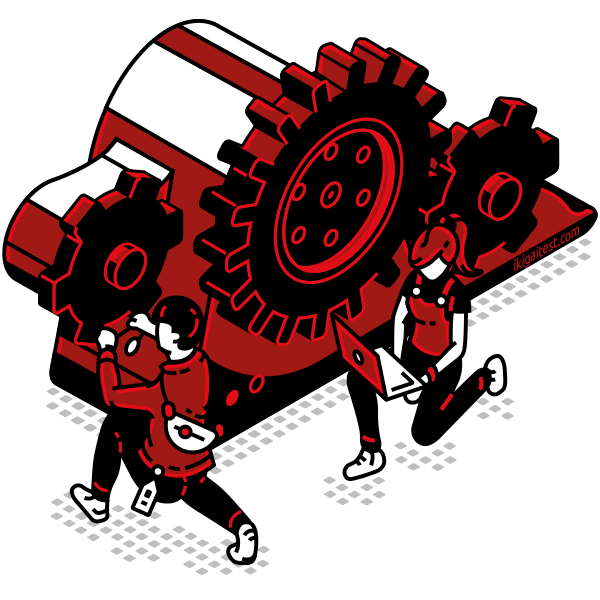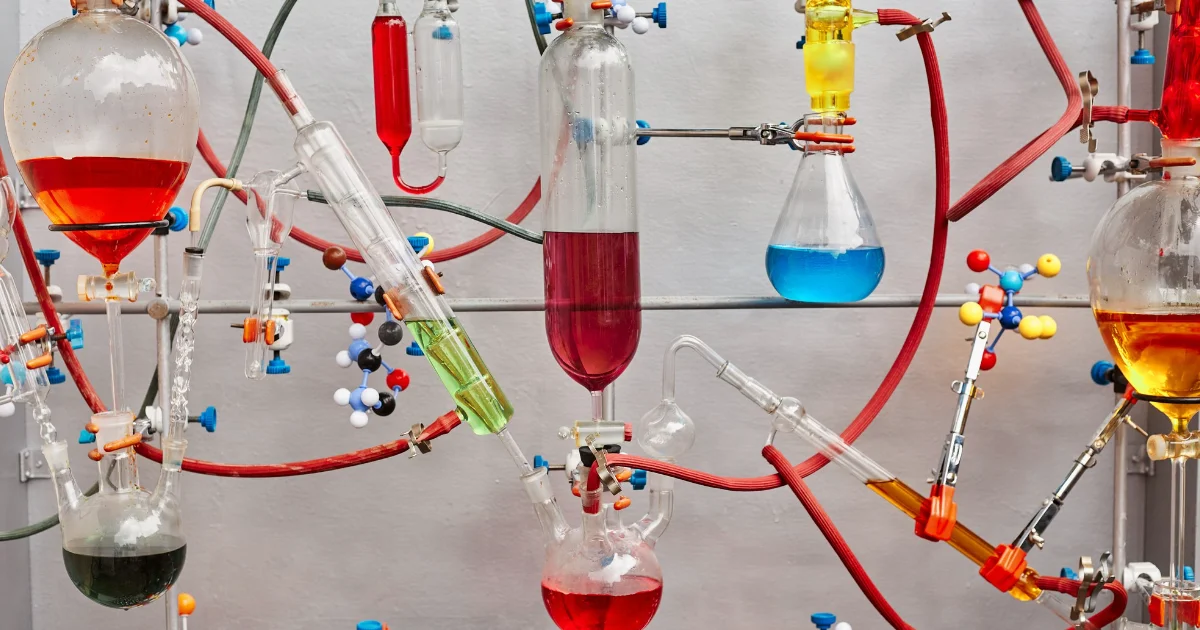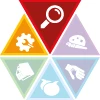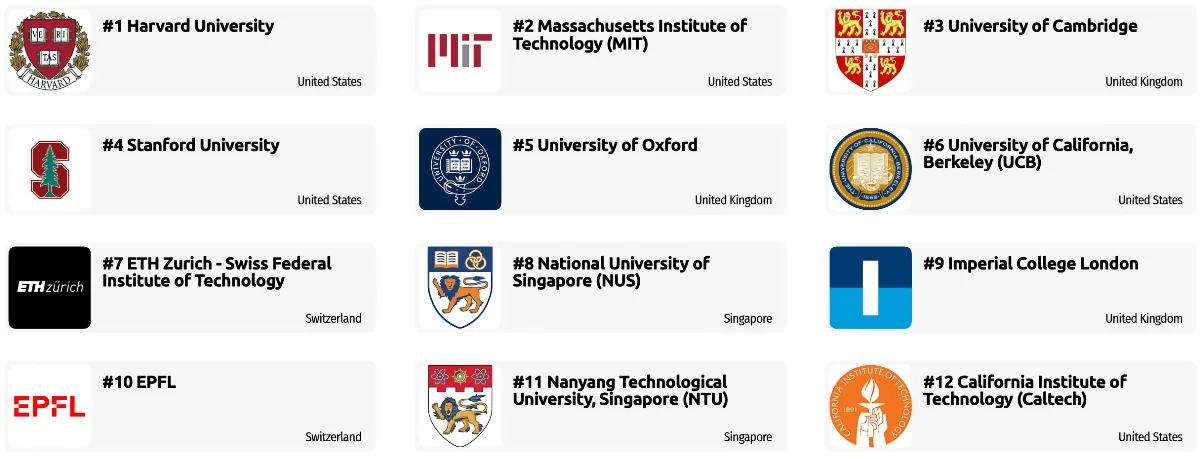Analyst

Analysts will often perform the following tasks:
- Identifying the underlying principles, reasons, or facts of information by breaking down information or data into separate parts.
- Using relevant information and individual judgment to determine whether events or processes comply with laws, regulations, or standards.
- Assessing the value, importance, or quality of things or people.
- Compiling, coding, categorizing, calculating, tabulating, auditing, or verifying information or data.
Technician

Technicians will often be asked these tasks:
- Providing documentation, detailed instructions, drawings, or specifications to tell others about how devices, parts, equipment, or structures are to be fabricated, constructed, assembled, modified, maintained, or used.
- Using computers and computer systems (including hardware and software) to program, write software, set up functions, enter data, or process information.
- Servicing, repairing, calibrating, regulating, fine-tuning, or testing machines, devices, and equipment that operate primarily on the basis of electrical or electronic (not mechanical) principles.
Other work activities related to Chemists
- Analyzing organic or inorganic compounds for determining chemical or physical properties, composition, structure, relationships, or reactions, using chromatography, spectroscopy, or spectrophotometry techniques.
- Developing, improving, or customizing products, equipment, formulas, processes, or analytical methods.
- Conferring with scientists or engineers to conducting analyses of researching projects, interpreting the tests results, or developing nonstandard tests.
- Directing, coordinating, or advising personnel in testing procedures for analyzing components or physical properties of materials.
- Inducing changes in composition of substances by introducing heat, light, energy, or chemical catalysts for quantitative or qualitative analysis.
- Writing technical papers or reports or preparing standards and specifications for processes, facilities, products, or tests.
- Studying effects of various methods of processing, preserving, or packaging on composition or properties of foods.







